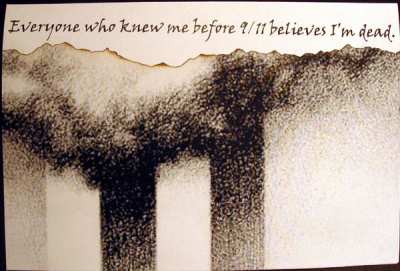Junk Day
May 4th, 2005Been a tad heavy lately, so now back to our regular programming.
Today is Junk Day, or Spring Cleaning Pick-Up, or whatever pleasant euphemism is currently en vogue. Basically, it’s the day when people pile all sorts of crap on their lawns and the city comes ’round in a truck with a skid steer and carts it all away.
I really have no idea how common this practice is — I would have no trouble believing either that it’s nationwide in some form, or it’s just a small-town Iowa thing (Pech, you’re from TinyTown USA, do you have a junk day?) — but it’s always interesting, mostly because the day before you have all sorts of colorful characters sorting through the piles, looking for treasure. Depending upon how dedicated they are, this practice can even continue through the night.
Last night, in fact, I had to remind myself it was “Junk Eve” after I heard cars slowly idling up the street. At 2am, you must appreciate, cars are something of a rarity. From about 10pm on, the only sounds I usually hear outside are the two papers getting delivered (typically 3:15 and 4:45) and, if I’m up too late, those infernal birds chirping merrily to greet the day. (Normally, I go to bed about 4:30 or 5.) So when suddenly you’re hearing clunkers creeping along outside in the dead of night, with people using flashlights and talking in low voices, your interest is certainly piqued.
Then you remember what day it is and you go back to watching whatever you’ve downloaded lately. After all, it’s just a more immediate form of recycling.

